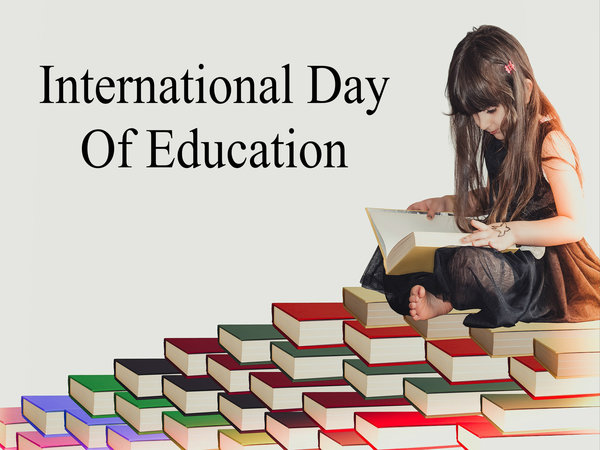Beyond protection: Cultivating peace through quality education in Nigeria
The theme of the 2024 International Day of Education “Learning for Lasting Peace”, resonated with the entire world. While the nature of attacks may be peculiar, no country’s education sector has been spared an attack in the last decade, either as a result of the pandemic, gun violence, insurgency, health epidemics, natural hazards, climate change, […]

The theme of the 2024 International Day of Education “Learning for Lasting Peace”, resonated with the entire world. While the nature of attacks may be peculiar, no country’s education sector has been spared an attack in the last decade, either as a result of the pandemic, gun violence, insurgency, health epidemics, natural hazards, climate change, or civil unrest.
The day, which has been observed every 24th January since 2019, acknowledges the role of education in bringing global peace and sustainable development.
In Nigeria, insecurity, conflict, and violence continue to disrupt the peace and in so doing, the learning of children. Further, militarized efforts to neutralize conflict and maintain “peace,” such as enforcing curfews, installing checkpoints, and the closure of schools to “protect” education, are temporary solutions that have proven ineffective in the long run. It is time to adopt a different approach to fostering lasting peace in society through quality education.
The common proverb “Children are sponges” refers to children’s propensity to mimic the behaviours they see in the world around them. It is imperative, therefore, to teach children the values and skills to withstand the pressure of a society where violence and conflict prevail.
- China celebrates new year in Abuja, vows to strengthen ties with Nigeria
- Gunmen kidnap bizman, shoot 1 in Sokoto
The persistence of conflict and its disruption of education has lasting effects on the development of children, but quality education provides an opportunity to counteract the societal effects of violence on the development of children.
The Nigerian education sector cannot be criticised for lacking any initiative in providing solutions that protect the education of children from attack or restoring peaceful environments for learning to take place. In fact, in 2018, under the leadership of President Muhammadu Buhari, Nigeria became one of the first 40 countries to endorse the Safe Schools Declaration (SSD), an intergovernmental commitment to secure schools, learners, and teachers from any form of attack. By 2021, Nigeria had made strides in its implementation and operationalisation of the SSD with the development of tools and the creation of policies that support the common goal of this initiative: securing schools and increasing the resiliency of the education sector to withstand attacks. Viewing the progress made by the country, Nigeria hosted the 4th International Conference on Safe Schools Declaration in 2021, called the Abuja Conference, where the Safe Schools Declaration Minimum Standards for Basic and Secondary Schools, the Facilitators’ Training Manual, and the National Policy for Safe, Secure, and Violence-Free Schools were presented as Nigeria’s operationalisation documents to secure schools.
It is time to invest in more holistic approaches that employ solutions that prevent the continuity of conflict within the community and the school. Securing the future of society and children for lasting peace would involve structuring peace, unity, and nation-building into the school curriculum and the way of life of children. If we do not bring conversations about conflict and the history of Nigeria into the regulatory process of quality education, we risk raising a generation of children who are armed with the inbuilt biases of the society that raised them. Quality education is a unique opportunity for Nigeria to instil values in the children that they can imitate for lasting peace.
Blessing Tarfa wrote from Abuja
